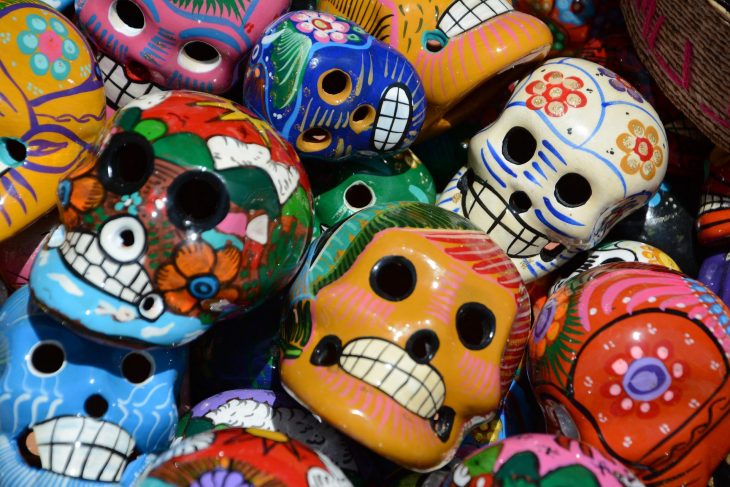
Historians believe that Hispanic culture began in the Age of Exploration. Europeans began to travel by sea to search for trade routes, spices, glory, and religion. The Spanish, the Dutch, and the French are some examples of countries that traveled far from their homeland with different goals in mind. Spaniards, in particular, went to create settlements with the goal of spreading Christianity.
Spreading the word of God is an honorable action. Unfortunately, the Spaniards had brutal methods and considered many of the locals in countries they visited to be uncivilized.
The truth is that the people they met in these territories had different traditions, cultures, and uses for their own technology. But the Europeans considered them savages in need of help. Christopher Columbus, an infamous explorer, wanted to find a route to Asia using boats. He instead jumpstarted the control of other countries.
Contrary to popular belief, Christopher Columbus failed in everything he set out to do. The mismanagement of the territories they claimed caused consistent rebellion among the locals. Queen Isabella was even disgusted by Columbus’ actions when he delivered 500 slaves. She explicitly tells him to never harm her subjects. Unfortunately, Columbus never learns from his mistakes.
Columbus dies poor, stripped of his title, but with a mark on history. He changes the course of the world by influencing many countries with Spanish culture. People who come from the countries they have enslaved would later be called Hispanic.
Nowadays people are proud of their Hispanic culture. The rich diversity in each country under Spain’s influence has become landmines for knowledge. Learning about all of them at once will be overwhelming. So here are a few facts about the Hispanic culture to get you started.
- The United States has had a total of 62.1 million Hispanic Americans under its care since 2020.
- Hispanic Americans celebrate National Hispanic Heritage Month from September 15 to October 15 annually.
- Hispanics in the US with Mexican or Chilean blood celebrate their country’s independence days on September 16 and 18 during the National Hispanic Heritage Month.
- Most of the Hispanic culture, traditions, and values in America come from Mexico, with descendants covering 61% of the Hispanic American population.
- Costa Rica, El Salvador, Guatemala, Honduras, and Nicaragua all celebrate their independence days on September 15.
- Spanish is the second most spoken language in the world.
- The United States Law Library of Congress has created guides to inform people about Hispanic Heritage Month.
- California is the state with the most people of Hispanic heritage in the United States.
- Only those of Hispanic descent can win the Platino Awards, the Latin Grammy Awards, and the Miguel de Cervantes Award.
- The majority of Hispanics are Christian.
- Hispanic American culture has divided themselves with words like Chicano (Mexican Americans) and Buoricuas (Puerto Rican American) to refer to their specific country of origin.
- Hispanic culture prioritizes family over oneself.
- Families with Hispanic influence usually favor the eldest male to make decisions for the family.
- Activists in the 1970s pushed for the United States Census to include Hispanics.
- Grandparents act as religious emissaries and peacemakers in the family.
- Hispanics have won the FIFA World Cup 5 times.
- Hispanics have longer lifespans because of their attentiveness to their elders.
- Latin and Hispanic Americans have contributed significantly to the population of America.
- There are Hispanic Jews.
- Hispanic comes from the ancient Roman territory Hispania, meaning the Iberian Peninsula.
Was this page helpful?
Our commitment to delivering trustworthy and engaging content is at the heart of what we do. Each fact on our site is contributed by real users like you, bringing a wealth of diverse insights and information. To ensure the highest standards of accuracy and reliability, our dedicated editors meticulously review each submission. This process guarantees that the facts we share are not only fascinating but also credible. Trust in our commitment to quality and authenticity as you explore and learn with us.
